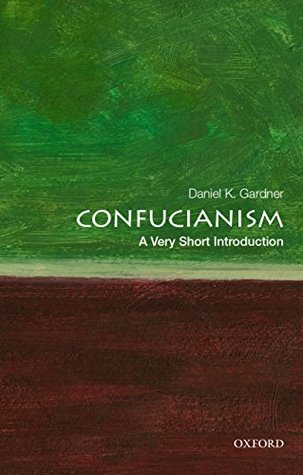A brief list of ways that eleventh- and twelfth-century “Neo”-Confucianism is “new” or different from classical Confucianism would include: • the use of a language of metaphysics; • the placement of man in the context of a universe of principle and qi; • the introduction of “the investigation of things,” probing principle as the basis of the Confucian self-cultivation process; • a narrowing of focus with an emphasis on man’s interior life; • the establishment of a set program of learning, privileging the Four Books over the Five Classics.
Welcome back. Just a moment while we sign you in to your Goodreads account.


